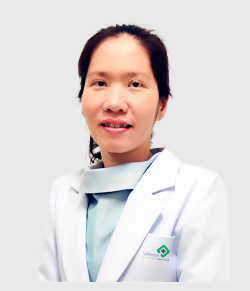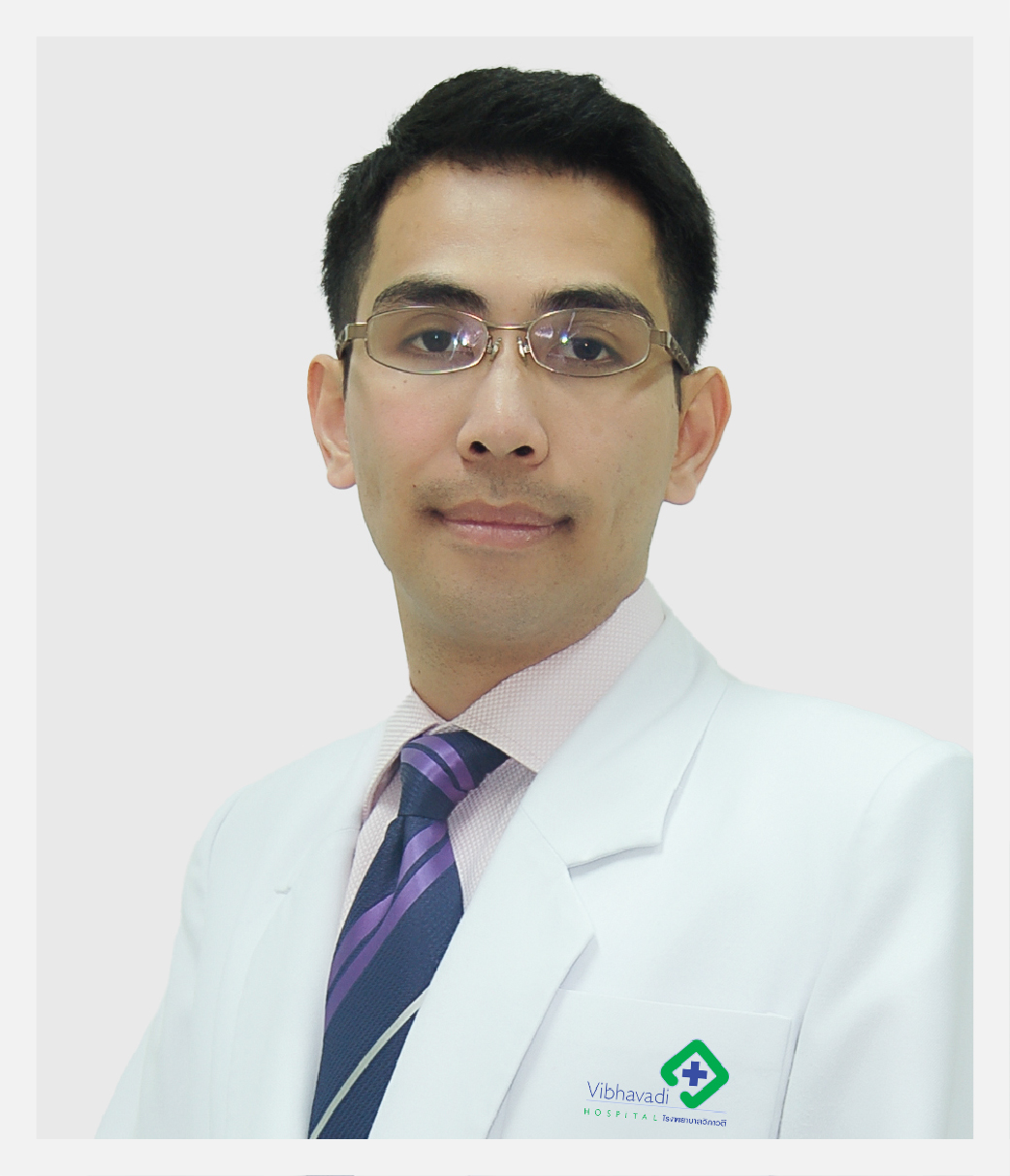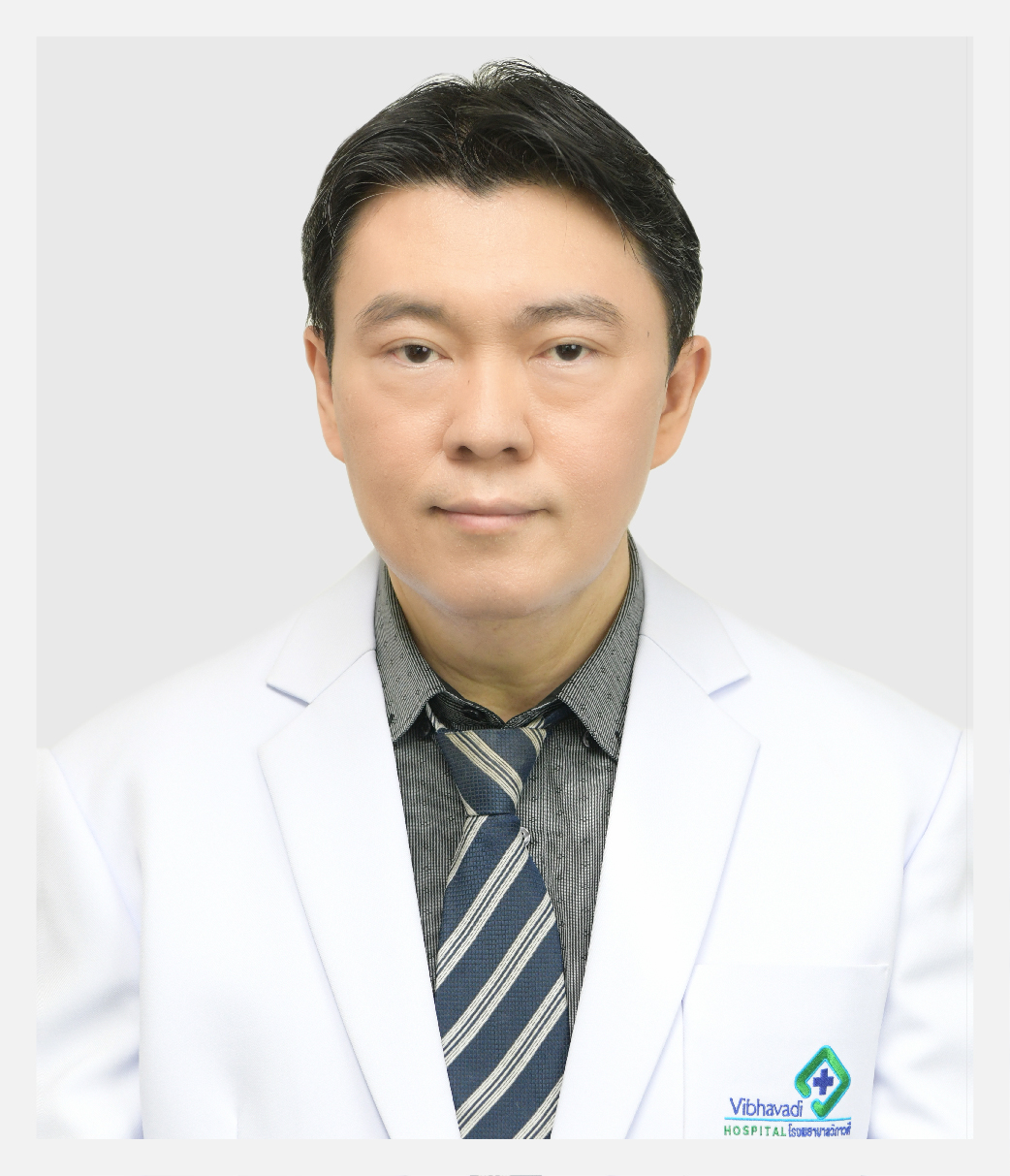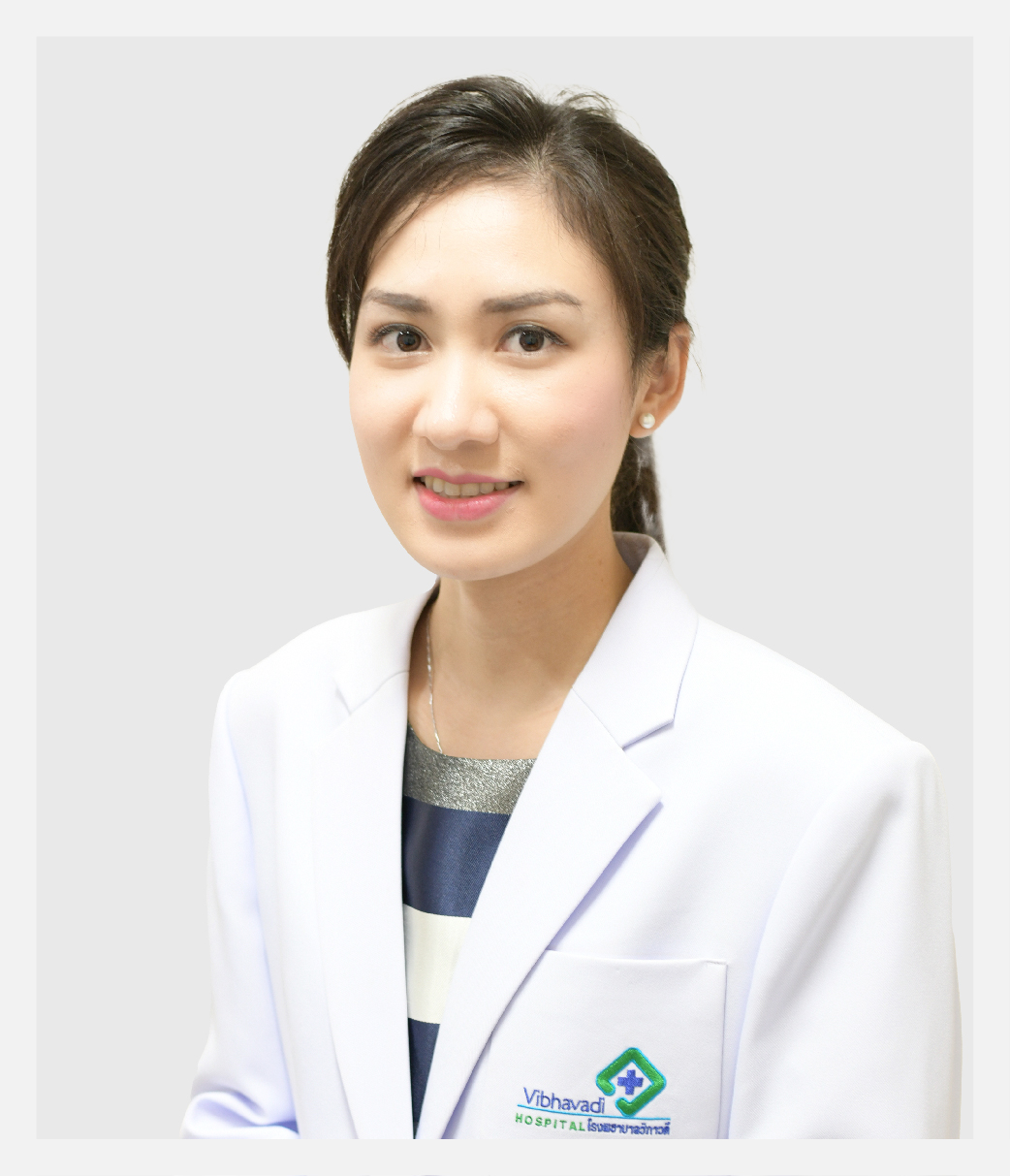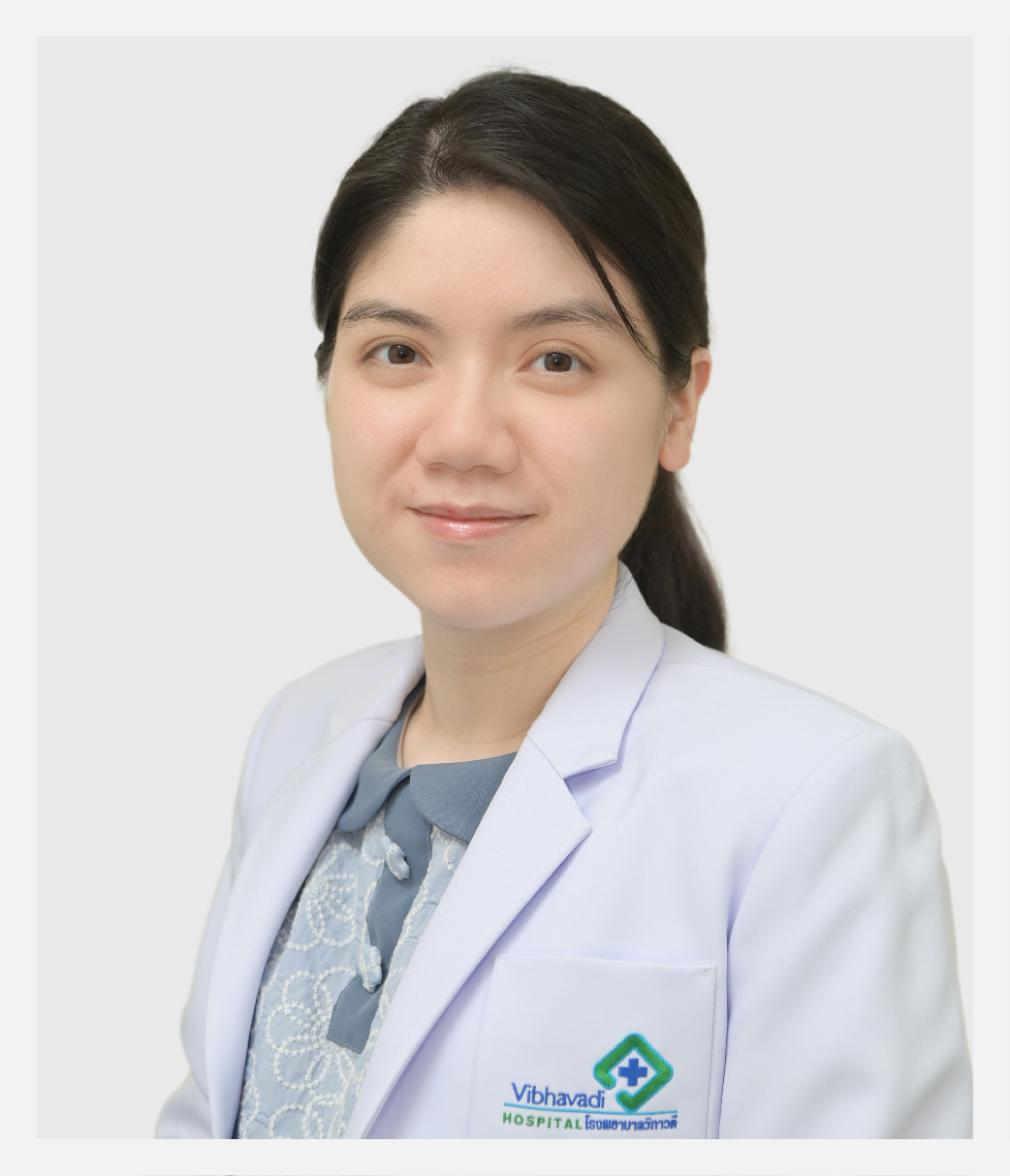GERD Symptoms, Causes & Effective Treatment Options

Gastroesophageal Reflux Disease (GERD)
GERD is a common digestive issue that can occur to people of all ages, it forms when acid reflux issues remain persistent in an individual's body. Reflux can negatively affect a person's daily life, sleep and overall comfort. Early diagnosis of GERD can prevent further complicated issues down the line, therefore it is important to consult a doctor if you're having frequent acid reflux issues.
What Is Gastroesophageal Reflux Disease (GERD)?
GERD is a chronic condition that causes the stomach's acid to frequently flow back into the esophagus. The esophagus is a tube that links your throat to the stomach therefore making it prone to any stomach acid issues. Acid reflux can cause irritation and inflammation in the esophagus. There is a difference between acid reflux and GERD including the frequency of the reflux, severity and tissue damage. When it comes to GERD the reflux is frequent, more severe and can cause tissue damage. GERD is typically diagnosed if symptoms occur more than twice a week or causes other complications.
Common Symptoms of GERD
Symptoms of GERD include heartburn, which is a burning sensation that starts behind the breastbone and may rise towards the throat. Patients may also have a difficult time swallowing and having a feeling that food is stuck in the chest or the throat. Furthermore, acid regurgitation is another symptom, this can also include a sour or bitter taste in the mouth. Symptoms often worsen after large meals, when laying down or at night. If symptoms are frequent, severe or worsening it is time to get medical consultation.
Causes of GERD
There’s a ring muscle that acts as a valve between the esophagus and the stomach, this is known as LES or Lower esophageal sphincter. The LES opens up to allow food to pass through and closes to prevent stomach acid from flowing back upwards. However, there are times when LES becomes weak or relaxes at the wrong time, this therefore causes the acid to come back up to the esophagus, thus leading to irritation and reflux symptoms. Another contributing factor to GERD is hiatal hernia, this is when the stomach moves above the diaphragm. Obesity is another factor that leads to GERD, due to the increased pressure on the abdomen which leads to pushing stomach contents upwards and causing acid reflux. Pregnancy in women can also do the same thing due to the pressure that is applied on the stomach which can ultimately cause acid reflux. LES functions are also weakened by smoking, as this reduces saliva production which can help neutralize stomach acid and remove it from the esophagus. Common dietary triggers are another thing that can lead to GERD. Things like fried food, spicy food, caffeine, chocolate and alcohol are trigger foods that can lead to the LES relaxing hence causing stomach acid to come up to the esophagus.
Risk Factors
Older individuals, lifestyle habits, poor diet, lack of exercise and smoking are risk factors related to GERD. Long term dietary patterns, including the timing of your meal and the amount you eat, influence reflux. Other factors include genetics and family history, having multiple risk factors increases the likelihood of developing GERD.
Potential Complications of Untreated GERD
Untreated GERD can lead to severe complications so it's important to get yourself checked out if you have any of the symptoms. Esophagitis, which can happen if GERD is left untreated, is a chronic inflammation that can cause pain and bleeding. Scar tissues can narrow the esophagus, which can cause difficulty when it comes to swallowing. Barret’s esophagus, which is when the esophagus becomes damaged due to acid reflux, can increase the risk of getting cancer. When acid enters the airway it can also cause other complications like respiratory ones. Complications usually form gradually, therefore they can be hard to detect early on. Hence, it is important to have regular check ups, as early diagnosis goes a long way to positive result from treatment.
Treatment Options for GERD
Lifestyle Modifications
Adjusting your lifestyle and daily habits can go a long way in treating GERD. Losing weight reduces pressure on the stomach, additionally dietary habit adjustments like eating smaller and more frequent meals can help. Avoiding trigger foods, like the ones listed above in this article, helps control the symptoms. Individuals should not lay down right after meals and it would also help to elevate the head of the bed to reduce reflux during the night. Limiting alcohol intake, quitting smoking, and positive lifestyle adjustments are often the first steps in treatment.
Medications
- Antacids provide quick, short-term relief by neutralizing stomach acid, helping reduce symptoms such as heartburn and acid discomfort.
- H2 receptor blockers work by decreasing the amount of acid produced by the stomach, offering longer-lasting relief than antacids and helping prevent frequent reflux episodes.
- Proton pump inhibitors (PPIs) significantly reduce stomach acid production and allow the esophagus to heal from inflammation or damage caused by long-term acid exposure.
- Prokinetic medications help strengthen the lower esophageal sphincter (LES) and improve stomach emptying, reducing the likelihood of acid flowing back into the esophagus.
(Disclaimer: All GERD medications should be taken under medical supervision to ensure proper dosing, effectiveness, and to minimize potential side effects.)
Surgical Treatment Options
When lifestyle changes and medications don’t help, surgery may be considered for patients that develop severe GERD complications. Fundoplication is a surgical procedure that helps strengthen the LES, this is done by wrapping the upper part of the stomach to the lower part of the esophagus to prevent reflux.
GERD Diagnosis at Vibhavadi Hospital
At Vibhavadi hospital there’s a pool of experienced doctors and healthcare professionals that use modern diagnostic methods to treat GERD. From diagnosis to treatment and recovery, doctors at Vibhavadi hospital will be with you throughout the way. It is essential to get diagnosed early so get yourself checked out if you have any of the symptoms relating to GERD.
Insurance and Payment Options
Vibhavadi Hospital accepts various insurance plans, including:
-
Thai government healthcare schemes (e.g., Social Security)
-
Private insurance providers
-
International health insurance for expatriates and travelers
Our billing department can provide detailed cost estimates and assist with insurance claims.
Frequently Asked Questions (FAQ)
The following frequently asked questions are compiled to help you better understand acid reflux.
Q: Can acid reflux (GERD) be completely cured?
A: Acid reflux can improve or be cured depending on an individual’s lifestyle habits and other medical conditions. With appropriate lifestyle changes, it is possible for symptoms to resolve completely.
Q: What foods should people with acid reflux avoid?
A: Examples of foods to avoid for those with acid reflux include chocolate, fried foods, spicy foods, fast food or high-fat foods, acidic fruits, garlic, onions, and tomatoes.
Q: Does acid reflux increase the risk of esophageal cancer?
A: Acid reflux can cause chronic inflammation of the esophagus, larynx, and throat. Long-standing reflux may lead to changes in the esophageal lining (Barrett’s esophagus) in some patients, which can increase the risk of developing esophageal cancer.
Q: What should I do if I suspect that I or someone close to me has acid reflux?
A: If you suspect acid reflux, watch for symptoms such as heartburn, sour burping, or nausea after eating. If these symptoms occur frequently, you should see a doctor for further evaluation and treatment.
Testimonials
Proud to take care of you
